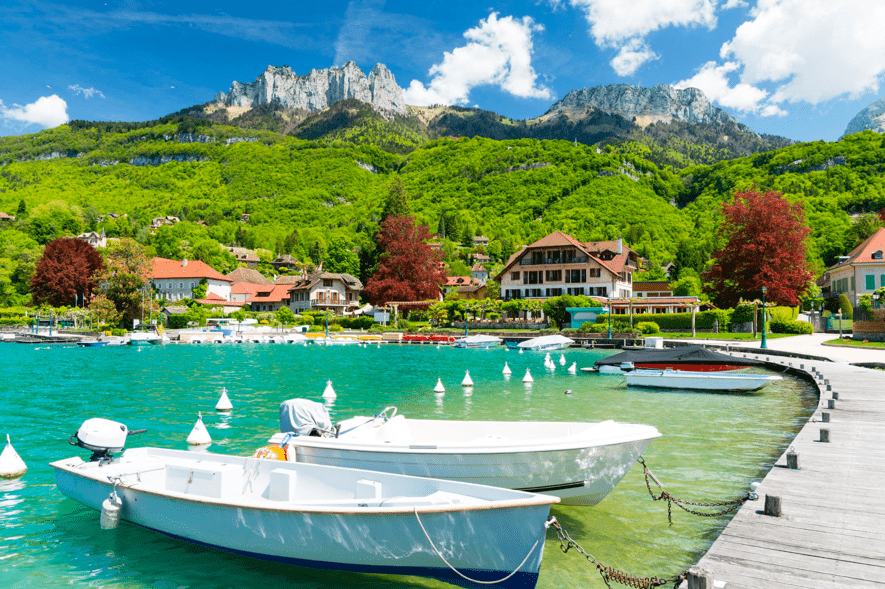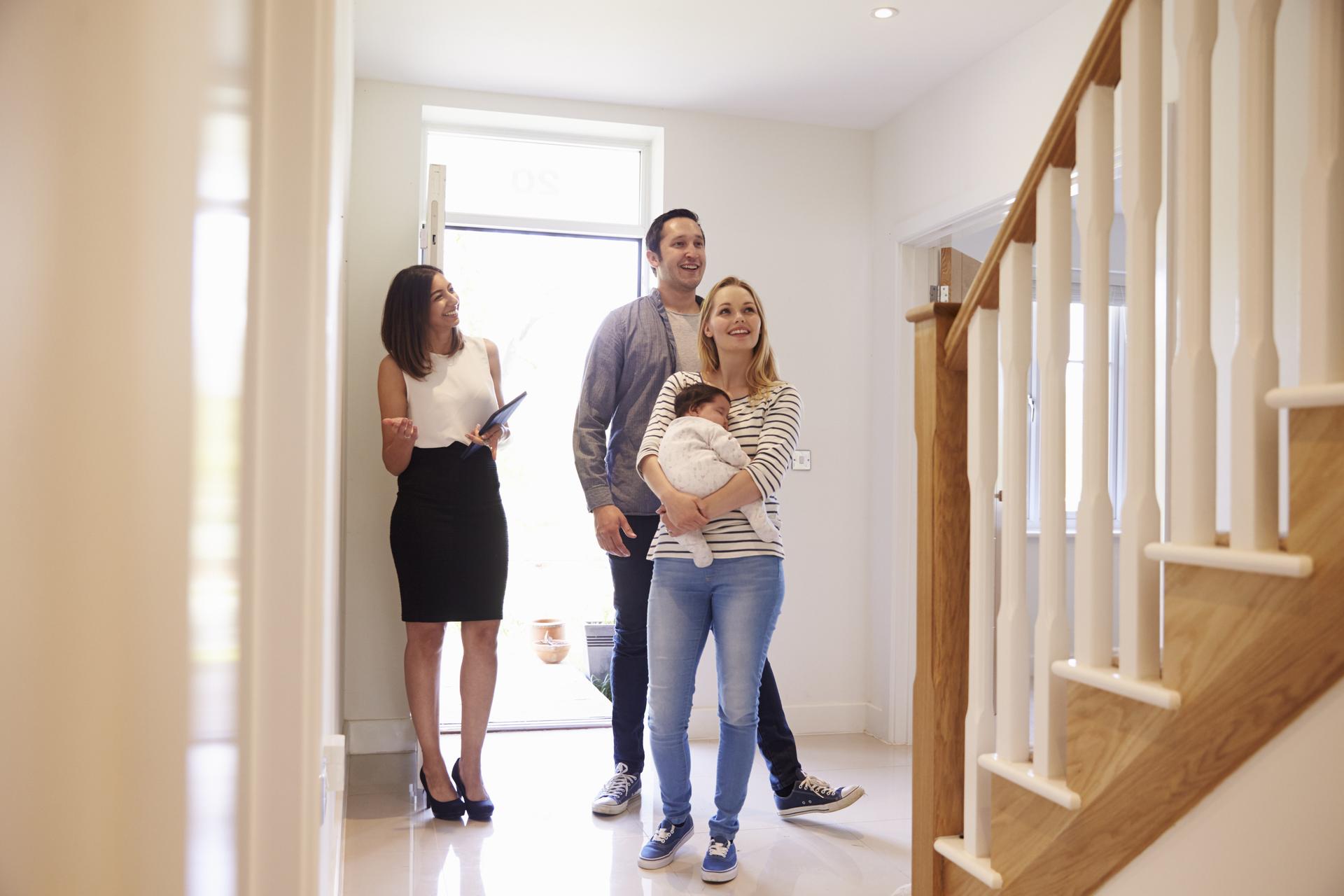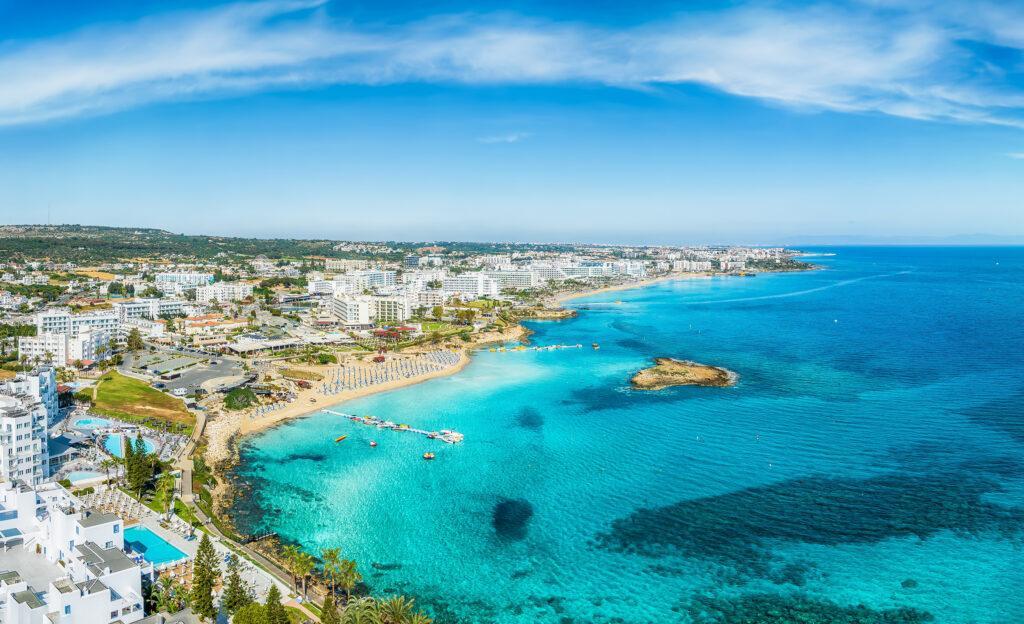
You’ve read the books and watched the TV programmes back-to-back and now you’re ready to set up in France with your family. Maybe you’ve been dreaming of moving to France to start a new life with your family for years, or perhaps you’ve only recently decided to set out on a French adventure.
Whatever the reason you’ve decided to move, this article is your guide to family life in France and how to make the transition as smooth as possible.
We’ll start with what you need to do before the move and the essentials when you arrive to start your new life in France.
Before you leave the UK
You’ve selected where you want to live in France and either bought or plan to rent a property, so it’s time to prepare for the move from the UK. Careful planning is the key to a seamless move. Let’s look at the practicalities of moving to and settling in France and when you should do things.
6 months before the move
Take action regarding your UK accommodation
You may have already put your property on the market, or even sold it, but if not you should do this as soon as possible as selling before you leave will be one less thing to worry about.
If you don’t plan to sell but rent out your property, start talking to a letting agent who will visit your home and give you an idea of what rental income you can expect to achieve. You will also need to be aware of your responsibilities as a landlord.
Whether you’re selling or renting, it’s a good idea to spruce up your property by painting and making any necessary repairs to ensure you get the maximum sale price or rental income.
3 months before the move
Get your documents in order
To avoid last-minute panics make sure all your paperwork is up-to-date. One of the most important documents you will need is a visa to live in France, which is a result of Brexit. To stay in France for over 90 days you will need a long-stay visitor visa that you must validate when you arrive in France.
Since Brexit, to live in France long-term you must be granted residency if you are a UK citizen and over 18. Children under 18 do not need the residency card unless they are working.
If you already live in France and want your family to join you, there is a procedure known as family reunification in France. You can check your individual circumstances (married, single, with children) on the OFFI (French Immigration and Integration Office) website. This includes the procedure for if you are an EU or non-EU resident.
You will also need:
- valid passports
- original birth certificates
- insurance documents if you have private health cover
- driving licence
- medical and vaccination records
- work files and papers if relevant
- copies of qualifications
Finding a job
If you plan to work in France you should contact agencies and companies that will benefit from your skills. There are plenty of job boards on the Internet, such as ‘Emploi’ and ‘apec’, which cater mainly for French speakers. You could also join Facebook groups in the area you plan to live in, as you’ll often find jobs on these.
Remote working is growing in popularity, so it may be worth asking your employer if you could do your current job from France. Alternatively, if you work as a freelancer you have the benefit of being able to work in France without job hunting.
Paying tax in France
From the moment you arrive in France to live, you are classed as a tax resident. If you are employed, your employer will pay your tax directly to the government. If you are self-employed or have your own business, you will need to register with the French social security system to declare your turnover and pay the French equivalent of National Insurance.
2 months before the move
Schools
This is a good time to contact schools in the area you plan to live in and register your children. You will also need to inform their UK school they are leaving.
You can either send your children to a local French school or an international school in France. Children are more likely to speak French fluently at a local school, as they will be interacting with the language constantly. International schools do teach French, but in a more formal environment, plus you have to pay for international school education.
You’ll find a list of international schools in France with details of locations, fees and ages on the French International Schools database. This includes all regions, from international schools in Paris to areas such as Bordeaux and Toulouse.
There are 4 key stages of education in France, which is compulsory from 3-16 years:
- pré-primaire (3-6 years)
- élémentaire (6-11 years)
- secondaire (11-15 years)
- lycée (secondary school 15-18 years)
Plan your finances
This is the time to get your finances in order. Not only do you need to be sure that you have enough to live on each month, either from working or retirement, but you will need to prove you can support yourself when you apply for a visa.
It’s also important to be aware of how much the cost of living in France for a family is. You may have some ideas from your trips to France, but day-to-day living is different. This is a useful comparison website to work out how much it will cost you to live in France each month. For example, the average meal in a French restaurant is €15 compared to €17 in the UK, utilities for an 85m2 apartment cost approximately €163 in France versus €218 in the UK, while clothes can be cheaper in the UK – a pair of Nike trainers is €84 in France compared to €73 in the UK.

1 month before the move
Book transport
This includes booking your travel tickets and a removal company. If you are moving your goods yourself you will need to book a van.
A removal company will list the items to be taken and either packs them for you at an extra cost or provides you with boxes to pack and label yourself. The average cost to move the contents of a 4-bedroom house to France is £4,500, which you should factor into your moving budget.
If you are planning to drive a vehicle to France when you move you should work out the fuel costs and remember than many French roads have tolls.

When you arrive
The big day has arrived and you’re about to start your new life in France with your family. There are some things that you’ll need to do on arrival, but first head for a café and celebrate with a glass of French champagne* and a “pain au chocolat” for the kids. You’ve done it – “Bienvenue en France”!
*Alcohol abuse is dangerous for your health. « Drink in moderation ».
Bank account
You’ll need a resident’s account to pay your bills and use a debit card. If you have already bought your property in France you may have set up a temporary resident’s account, so the funds can be transferred. This will now have to change to a permanent account.
When you open a bank account take:
- your passport
- your visa or residency card
- proof of your French address (rental contract, property purchase documents or a utility bill if you have one)
Repatriation insurance
This is a priority as you never know when you will need medical assistance. If you are a resident, employee, own a business or are retired you have the right to French healthcare (each situation has a different application process).
There are two parts to French healthcare insurance:
- Assurance Maladie – the state-owned health insurance system
- Assurance Complémentaire – which tops up your healthcare as not everything is covered by the Assurance Maladie
To register with a local doctor you will need to go to the surgery and complete a form or you can download the form. Note that you will need your social security number which will be issued by your employer or if you are self-employed or a freelancer you must obtain from Urssaf (France’s social security office).
One of the things to do when moving with children is to ensure their vaccinations are up-to-date. You should ask the doctor you register with which vaccinations are given in France, and take a copy of the medical book your children were issued with in the UK.
Utilities
You will need to get gas, electricity and water transferred into your name. You will also need a mobile phone contract and an internet connection. Each company will have different requirements, and you can search the web for the various procedures.
Family allowance
If you have one or more children, you may be entitled to family allowance in France, known as ‘allocations destinées aux familles’. This is income dependent and applies to foreigners who are permanent residents in France.
Making new friends
Building a network of friends is essential to successfully settling in France. Mixing with both ex-pats and French people will give you an insight into how things work (administration, government departments, schools etc.) so you can ask for advice if you need it. Making new friends also means your family will have a social life and plenty of opportunities to do new things, whether joining in with local events or dining together (a very popular French family pastime!).
Improve your French
Even if you have a basic knowledge of French, you should try to learn the language as this will help you in many situations, from buying your weekly groceries to sorting out paperwork. Sign the family up with a private tutor or language school and enjoy the experience together.
Whether you’re searching for family homes in Paris, France for sale or a countryside home, our iad Overseas agents have a large selection of properties to suit all budgets. We would be delighted to assist you with moving your family to France – please get in touch with any questions you may have.
- Moving to France is likely to greatly improve your family life, as you’ll have more time together.
- Property in France is cheaper than in the UK.
- France is a country of vast differences and offers many choices of places to live.





